The third book co-edited by creative collaborators Eric Maisel and Lynda Monk is now out: Affirmations for Self-Love: A Motivational Journal with Prompts for Self-Worth, Self Acceptance & Positive Self-Talk (Mango Publishing, 2024).
 Eric Maisel has inspired many with his 50 + books in the world. I believe the first book I read of Eric’s was Fearless Creating and I’ve appreciated many more since. Eric is a retired family therapist and active creativity coach who is a member of the Journal Council of the IAJW (International Association for Journal Writing).
Eric Maisel has inspired many with his 50 + books in the world. I believe the first book I read of Eric’s was Fearless Creating and I’ve appreciated many more since. Eric is a retired family therapist and active creativity coach who is a member of the Journal Council of the IAJW (International Association for Journal Writing).
Lynda Monk is the Director of the IAJW, an inspirational and creative community for journal writers worldwide. She is the coauthor of Writing Alone Together; developed Life Source Writing; and is co-editor, with Eric Maisel, of Transformational Journaling for Coaches, Therapists, and Clients, and The Great Book of Journaling: How Journal Writing Can Support a Life of Wellness, Creativity, Meaning and Purpose. I’m very happy to have a chapter in the latter book and also be a member of the Journal Council of the IAJW.
I imagine this creative duo had a good time utilizing their expertise in the fields of psychology, journaling, and self-compassion to come up with this journal of wise quotes, affirmations, and inventive writing prompts to spark self-reflection.
“Whether or not you are well-loved from the outside,” Eric and Lynda say, “be well-loved from the inside.” That is their wish for readers. And come to think of it, treating ourselves as we’d like to be treated, with self-love, can only attract love from the outside too.
As they say in their introduction: “The regular use of affirmations and journaling helps us use the power of our thoughts with great intention to deepen self-love and all that flows from cultivating it in our lives.”
The book is just the right size for journaling with one-and-a-half, lined pages for reflecting on each writing prompt. By “right size,” I mean it’s not too big so as to seem like a textbook and not at all intimidating.
Quotes from among my favourite inspiring teachers and writers are included in Affirmations for Self-Love. Ojibway author and storyteller Richard Wagamese says “All that we are is story.” And of course, the writing prompt to get you started is: “What is your story?”
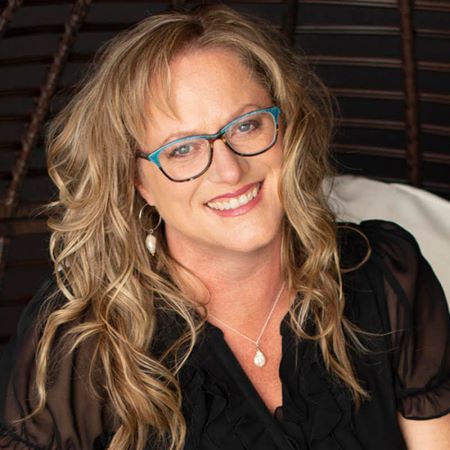 Another favourite of mine is poet philosopher Mark Nepo who is also included along with mythologist Joseph Campbell and Zen Buddhist monk Thich Nhat Hanh.
Another favourite of mine is poet philosopher Mark Nepo who is also included along with mythologist Joseph Campbell and Zen Buddhist monk Thich Nhat Hanh.
You could approach the book in order, along its 256 pages, dating your entries so you can look back on your journey of self-love. I thought I’d start with using the book as a divination tool. What affirmation am I meant to read and remember today?
It was a Pierre Auguste Renoir quote that came up as I flipped the book’s pages to find something at random: “The pain passes but the beauty remains.” Hmm . . . The affirmation to accompany this quote by the famous artist is “Beauty remains” and the writing prompt is: “Have you had the experience of beauty remaining after the pain has passed?”
“Yes!” was my response. I remember treatment for cancer, not painful, but the surgery and recovery following was just that. When my partner Sarah and I looked back at that time that stretched over many months, we called it “an unexpected blessing.”
Readers will be pleased, I expect, to see quotes from modern day writers and motivational speakers such as Elizabeth Gilbert, Brené Brown, Cheryl Strayed, as well as Glennon Doyle who says: “What if pain – like love – is just a place brave people visit?”
There are also quotes from entertainers, among them Beyoncé, Emma Watson, and Taylor Swift. Yes, Affirmations for Self-Love has quotes from Aesop to Taylor Swift and everything in between!
And let’s not forget the poets of the past and present: Rainer Maria Rilke, Hafez, Rumi, Walt Whitman, and Maya Angelou.
If you write notes to loved ones whether via snail mail, email or text, why not include a quote and/or affirmation from the book such as this one: “That the birds of worry and care fly over your head, this you cannot change. But that they build nests in your hair, this you can prevent.” (A Chinese proverb)
As poet Rupi Kaur says: “How you love yourself is how you teach others to love you.” Now there’s a wake-up call! The affirmation is: “I teach others how to love me by how I love myself.” Such a good affirmation and if readers are feeling shy about an affirmation, I suggest turning it into an aspiration so you can stretch towards the affirmation. Just say: “May I teach others how to love me by how I love myself.” See how that works.

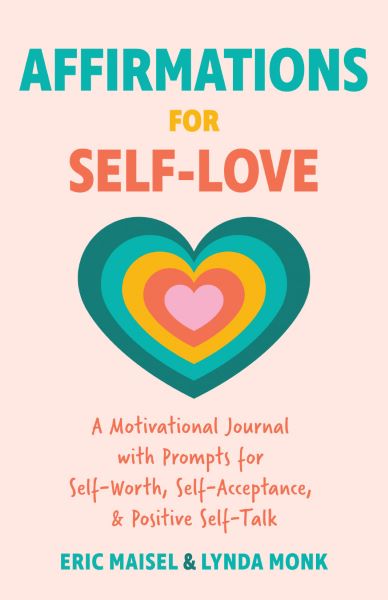
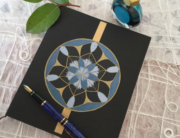



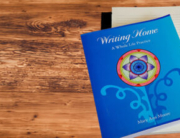




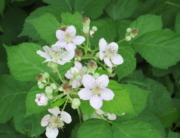
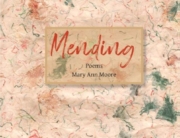
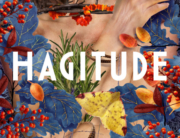
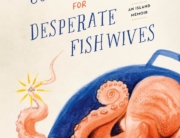


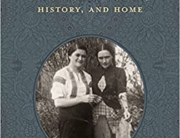
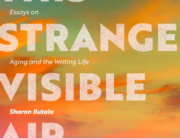

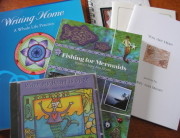
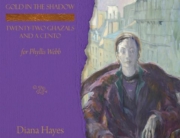
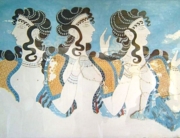

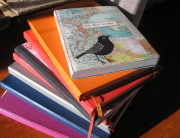
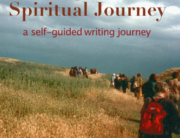




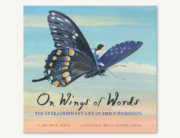

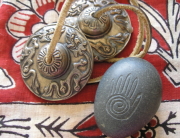
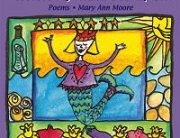
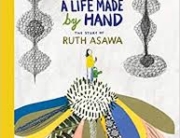
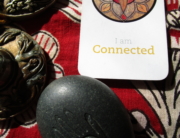
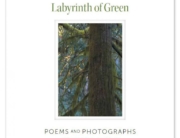

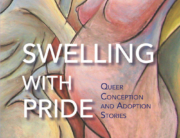





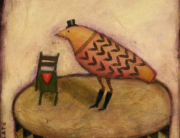


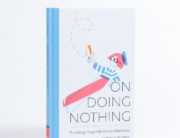


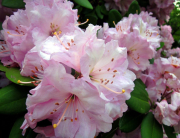
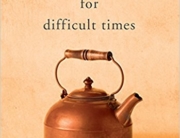
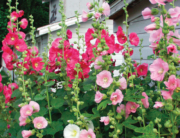
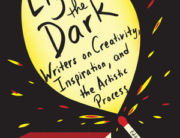


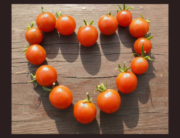



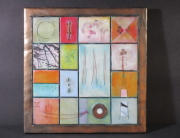



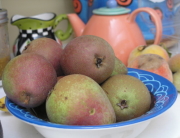
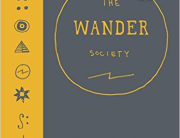



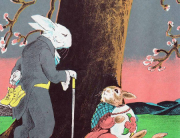
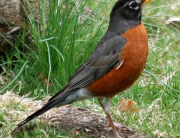


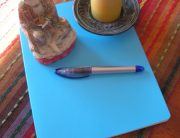


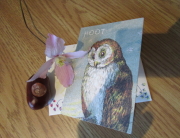
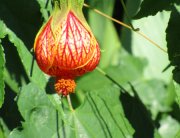

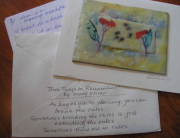
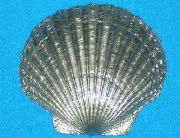
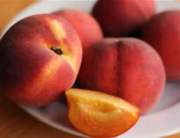


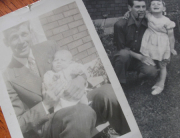
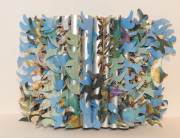




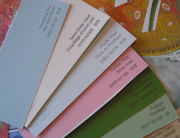
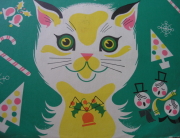




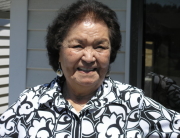
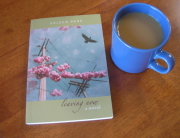



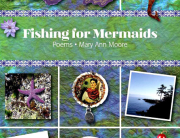
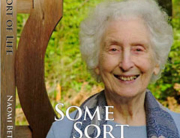

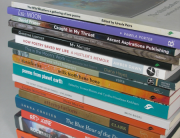

This sounds like a great book/journal to have. I like the idea of using it as a divination tool. I look forward to reading it at some point. Your review makes me want to read it right away. Thanks.
Hi Mary Ann, thank you so much for writing this wonderful review of our book/guided journal. I enjoyed reading it! I appreciate seeing Affirmations for Self-Love through your eyes, heart and words. Thank YOU!